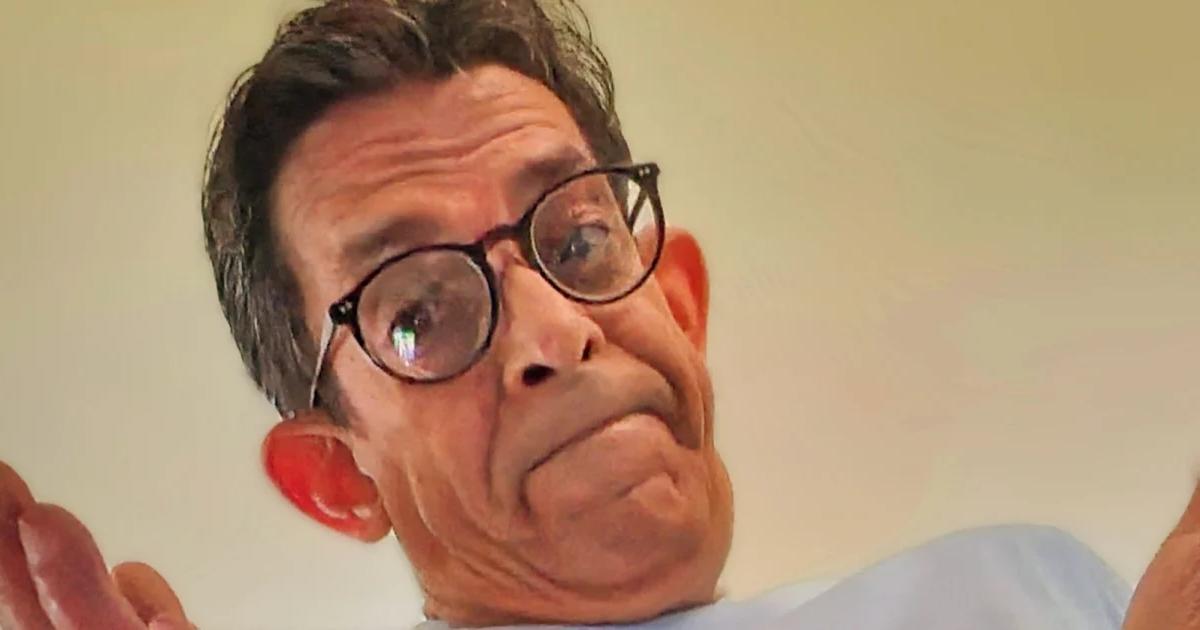Actor and comedian Ulises Toirac has voiced his support for a future Cuba that embraces diversity and inclusion. "A new Cuba should be founded on respect and diversity, with the unwavering commitment to building a nation for all Cubans. In this blossoming future, everyone should have a place—from communists to annexationists, spanning the entire ideological spectrum," Toirac expressed in a thought-provoking Facebook post responding to his own remarks about July 11.
Toirac acknowledged the counterarguments many hold but firmly believes that a country cannot thrive without adhering to true democratic principles. "Balance will emerge victorious, and it is within this balance that strength lies. There is no other way to achieve this," he asserted.
Despite his optimism, Toirac argues that democracy is unattainable as long as extremes persist. "The influence of extremist factions, which continue to fan the flames and profit from hate—let me be clear, they MONETIZE HATE—is backed by economic resources that fuel intransigence and stagnation," he remarked.
Toirac's reflection has gone viral, sparking a lively debate on his page. While many support his views, others have called for the future banning of the Communist Party and for justice to be served to those who have committed crimes.
The day before, Toirac had posted a scathing critique of the government's narrative surrounding the July 11 anniversary, marking four years since thousands of Cubans took to the streets in protest against the regime. In his reflection, Toirac dismantled the state media's arrogant discourse, labeling it superficial, lacking in self-criticism, and disconnected from the people's genuine suffering.
"I don't understand the triumphalism displayed by some media regarding today's date," he wrote on Facebook. "Does the repression of protests demonstrate strength? Is it a positive conclusion for 'socialism' in Cuba?" he questioned with irony and discontent.
Toirac challenged the government's narrative that depicts the July 11 protests as violent attempts at destabilization orchestrated from abroad. "No one ever presented documents or evidence proving that mercenaries led the crowds," he stated.
Furthermore, he criticized the official portrayal of the protesters as criminals. "The demands were social, and the overwhelming majority of protestors did not resort to vandalism in their rebellion," he emphasized.
Understanding Ulises Toirac's Vision for Cuba
What is Ulises Toirac's view on a future Cuba?
Ulises Toirac envisions a future Cuba that is inclusive and pluralistic, where all ideological perspectives, from communists to annexationists, are respected and represented.
Why does Toirac criticize the current Cuban government's narrative?
Toirac criticizes the Cuban government's narrative as being superficial, lacking self-criticism, and disconnected from the real suffering of the Cuban people, especially in relation to the July 11 protests.
What does Toirac say about the protests on July 11?
Toirac argues that the July 11 protests were driven by social demands and insists that the majority of protestors did not engage in vandalism, challenging the official portrayal of them as criminals.
